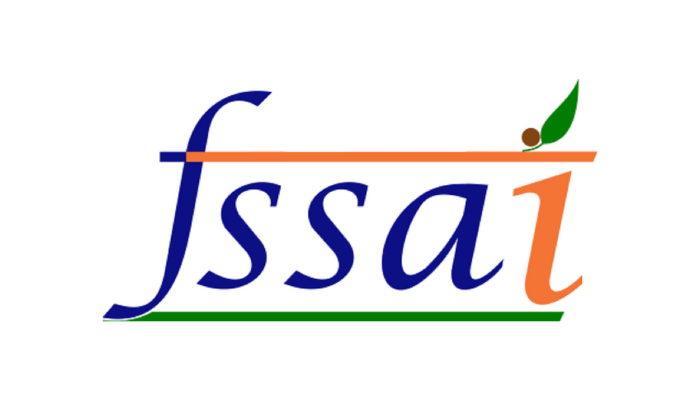
In a decisive move to enhance food safety and trade transparency, the Food Safety and Standards Authority of India (FSSAI) has introduced stricter norms for testing imported food products, ensuring faster results and alignment with global analytical standards. The updated framework aims to streamline import clearances while maintaining robust safety checks at Indian ports.
Key Highlights
Under the revised rules, FSSAI has mandated that food testing laboratories deliver reports within three working days, significantly reducing the earlier turnaround time. Laboratories are now required to adopt internationally recognized testing protocols, such as those set by ISO and Codex Alimentarius, to ensure uniformity and accuracy in results.
The move follows growing concerns over delays in import clearances and inconsistencies in testing methodologies across state laboratories. The authority has also emphasized the digitization of report submission through its online platform, enhancing traceability and efficiency in regulatory procedures.
Additionally, new checks will focus on high-risk categories such as edible oils, dairy, infant nutrition, and processed foods, ensuring contaminants, additives, and labeling claims meet India’s updated safety benchmarks.
Industry and Regulatory Impact
Importers and testing agencies have welcomed the move as a step toward faster trade facilitation and higher international credibility. Industry experts note that harmonizing India’s testing norms with global standards will not only improve consumer trust but also help Indian ports operate more efficiently amid rising food import volumes.
FSSAI has further announced plans to expand the number of notified labs and enhance their technical capabilities to handle advanced testing procedures such as mass spectrometry and chromatography for chemical residue analysis.
India Advocacy Insight
The FSSAI’s updated testing framework signals India’s firm commitment to food safety modernization and global trade compliance. By emphasizing speed, accuracy, and transparency in import testing, the regulator aims to protect public health while boosting ease of doing business. This reform places India on par with international food safety systems, reinforcing its vision for a trusted and science-driven regulatory ecosystem.
![]()



